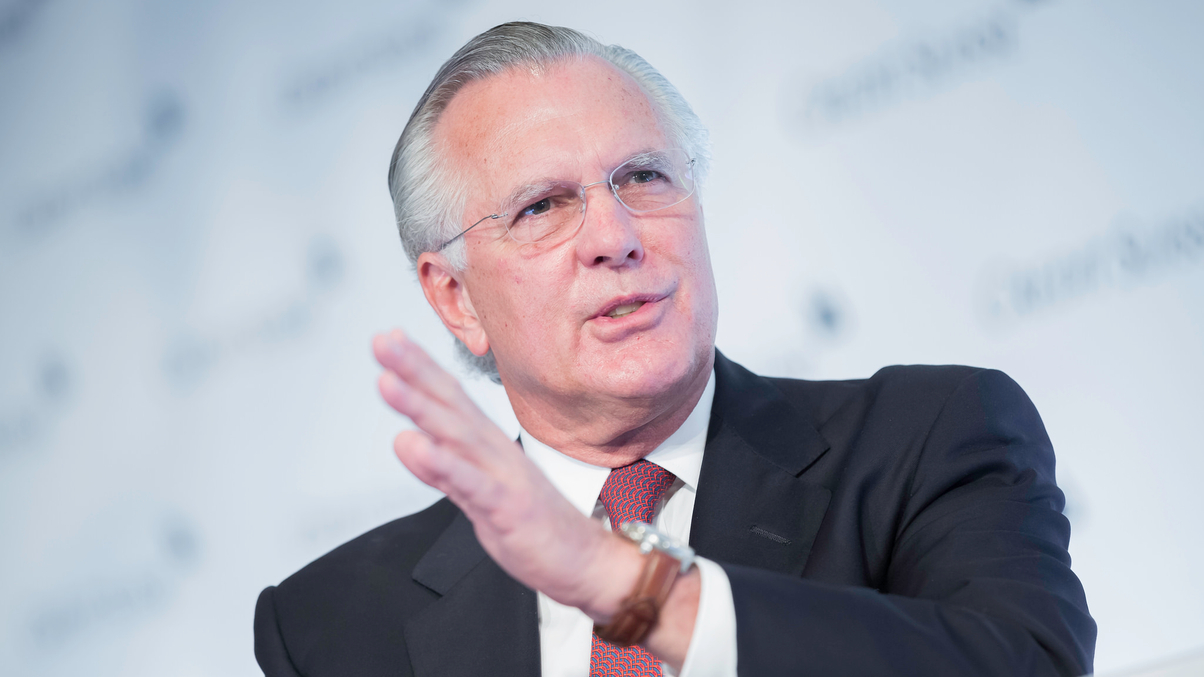Ex-central banker Fisher speaks out on US Fed, QE
Likening index-hugging investors to wildebeests, Richard Fisher, just-retired head of the Dallas Federal Reserve, says the central bank won’t get in the way of the lions.

Richard Fisher retired last week after 10 years as the president and CEO of the Federal Reserve Bank of Dallas and a member of the Federal Open Market Committee.
Sign in to read on!
Registered users get 2 free articles in 30 days.
Subscribers have full unlimited access to AsianInvestor
Not signed up? New users get 2 free articles per month, plus a 7-day unlimited free trial.
¬ Haymarket Media Limited. All rights reserved.


